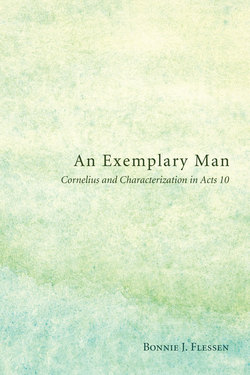Описание книги
While most scholars focus on the character of Cornelius as a model Gentile, Bonnie Flessen argues that Cornelius is also a model male figure for Luke's audience. When analyzed closely, the characterization of Cornelius reveals a multifaceted rhetorical strategy regarding both gender and empire. This strategy lifts up a rather surprising portrait of an exemplary man who represents the Roman Empire and yet nevertheless manifests the virtues of submission, piety, and generosity.
Flessen also proposes a hermeneutic of masculinity as a means to exegete Acts and other New Testament texts. This critical lens provides interpreters with a way of thinking about gender when female characters are absent or sparse. Although constructs of gender are embedded in texts, interpreters can use recent scholarship on masculinity along with extrabiblical evidence as tools to excavate the contours of the male figure in antiquity.
Flessen also proposes a hermeneutic of masculinity as a means to exegete Acts and other New Testament texts. This critical lens provides interpreters with a way of thinking about gender when female characters are absent or sparse. Although constructs of gender are embedded in texts, interpreters can use recent scholarship on masculinity along with extrabiblical evidence as tools to excavate the contours of the male figure in antiquity.
